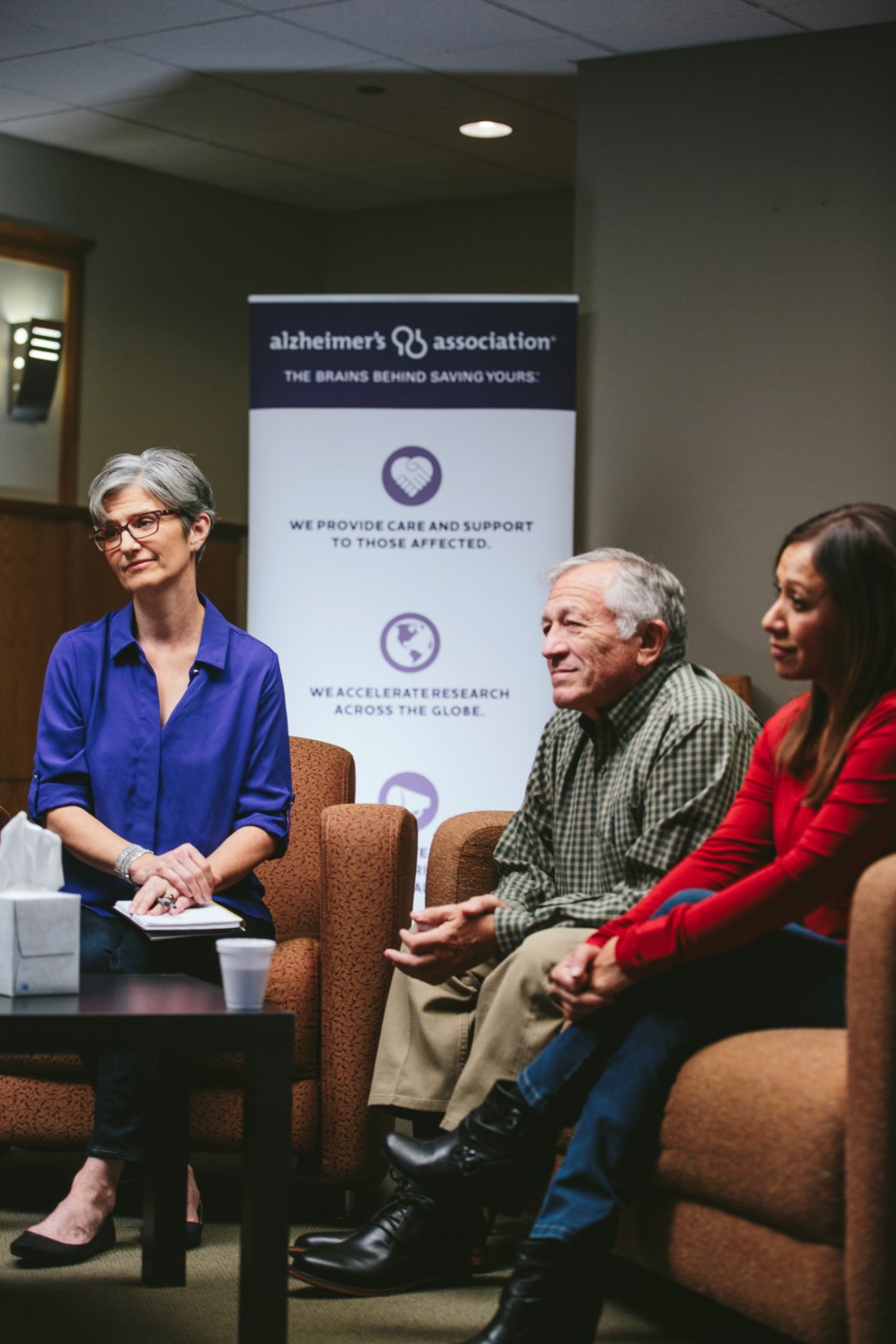This content was originally published by the Longmont Observer and is licensed under a Creative Commons license.
“So please introduce me to this lady,” the gerontologist asked my mother, pointing at me. With a look of surprise she turned to me and said, “But she is my sister!”
More and more people are experiencing situations like this as the increasing incidence of dementia and Alzheimer’s disease spreads throughout the U.S. and the rest of the mainly Western world.
Alzheimer’s disease accounts for anywhere from 60 to 80 percent of dementia cases, a general term for memory loss and other cognitive abilities serious enough to interfere with daily life.
While usually associated with old age, maybe a quarter of a million Americans under the age of 65 have been diagnosed with early-onset dementia.
It is a progressive disease, with no known cure at present, although over 250 studies and clinical trials are being undertaken throughout the world, funded by governments, universities, hospitals and organizations such as the Alzheimer’s Association.
While there may be no current cure, it is generally agreed that lifestyle changes may delay the onset of dementia. Managing cholesterol levels, blood pressure and diabetes will lead to a healthier heart and a subsequent lowering of the risk of strokes, as well as Alzheimer’s. Exercising the brain as well as the body regularly may also minimize cognitive decline, and of course a healthy diet and keeping social contacts active can also help.
The Alzheimer’s Association offers a wide range of help to patients (mostly with early onset dementia), as well as their caregivers, including support groups, music and art events and educational classes and seminars.
Among this spring’s offering is a class offered by Ralph Patrick called Transcending Dementia. While not included in the regular class offerings by the Alzheimer’s Association, it propounds a different way of dealing with the difficulties of dementia.
When Patrick was asked to describe his class and how it differs from the more mainstream methods of handling dementia, both for a patient and a caregiver, he wrote this: “The disease affects cognition, but not what might be considered 'deep memory.' I personally believe, as do many others, that the locus of a person's 'self' goes beyond cognition. There are proven mediums that are effective in reaching the person with dementia, even in the advanced stages. These include things like music, familiar smells, familiar poems/scriptures, etc. That is what my presentation focuses on.”
Patrick believes that we should view the breaking down of the cognitive level of memory and understanding as leaving open and exposed the deeper self of the individual. This will probably not be the “self” that we know and have known in the past, but will still be “me” or “you”. Very often, people with dementia are described as being lost or simply not the person that we all know, love and are familiar with. But the same person is still there, just in a different state.
A person’s somatic or emotional memory can be rekindled with music, stories, aromas, touching, and other stimuli, and this is what Ralph stresses in his presentation. A person with dementia still needs hope for the future, if not for a cure. And they also miss and need intimacy, and not necessarily of a sexual nature.
There are many proven methods of helping and supporting dementia patients and caregivers, and, as with all intellectually related health problems, some work better than others for each individual. Patrick is hoping that his class will offer another alternative that can be used alone or in conjunction with other methods to ease the lives of all involved.
If you are interested in learning more about Transcending Dementia, the class will be held at the Longmont Senior Center on Long Peaks Avenue on Thursday, February 21 at 3:00 pm. Pre-registration is required by visiting training.alz.org.



